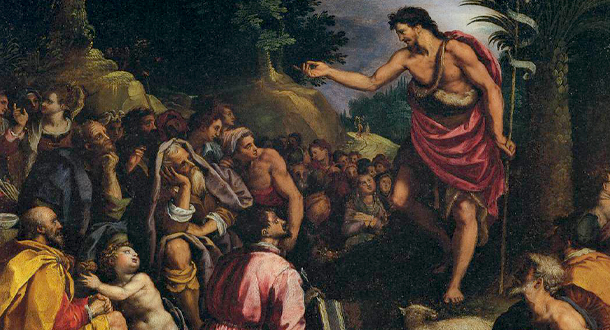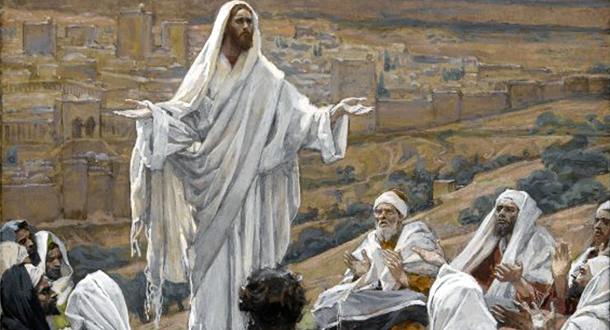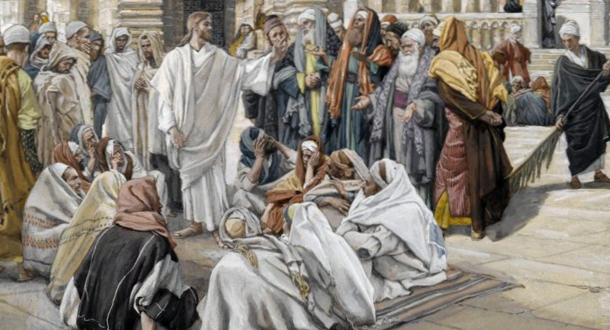
Memorial of the Passion of Saint John the Baptist
Scripture:
1 Thessalonians 4:1-8
Mark 6:17-29
Reflection:
Holiness is often perceived as an achievement reserved for Saints, but in his Letter to the Thessalonians, Saint Paul encourages individuals to pursue holiness by “conducting yourselves to please God.” His instructions emphasize interpersonal relationships, specifically regarding choosing a spouse or interacting with others.
Saint John the Baptist preached about the coming of the messiah and addressed Herod Antipas’s marriage to his brother’s wife while his brother was still alive. This interaction may be viewed as an encouragement for Herod to reflect on the standards by which he related to others. When asked by his wife for the “head of John the Baptist,” Herod Antipas, holding authority as a king, did not refuse the request. Refusing could have been seen as humbling or a sign of weakness. Even someone in Herod’s position appeared to feel influenced by those present, possibly considering their opinions or support for either the queen or himself, while others may have chosen not to voice their perspectives.
Holiness is reflected in the way individuals conduct themselves in both personal and professional relationships, as well as in their integrity when unobserved. Saint Paul advised the Thessalonians to evaluate the quality of their interactions with others. The Gospel addresses the courage required to uphold holiness, particularly in challenging circumstances. Holiness involves striving for completeness and seeking a connection with God through our relationships, while also serving as a positive influence that encourages others toward holiness.
“Be holy, because I am holy.” – 1 Peter 1:16
Linda Schork is a theology teacher at Saint Xavier High School in Louisville, Kentucky.







